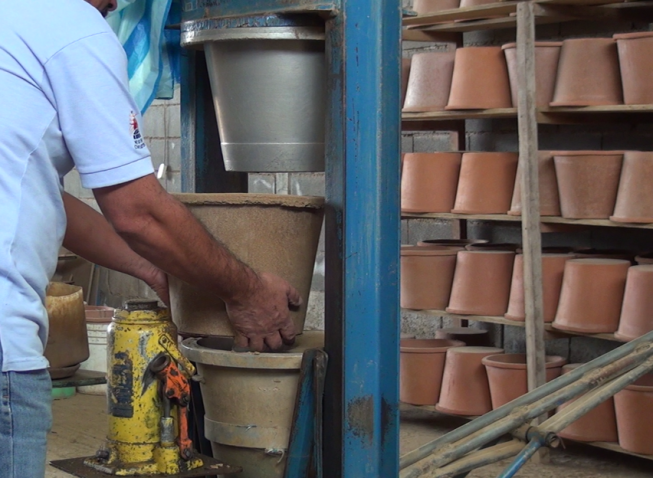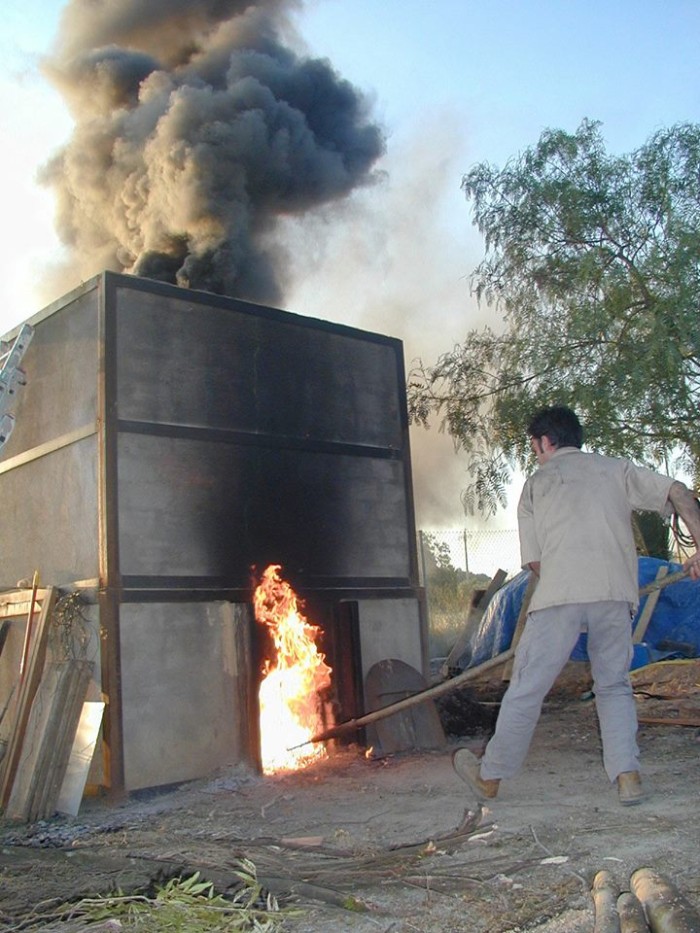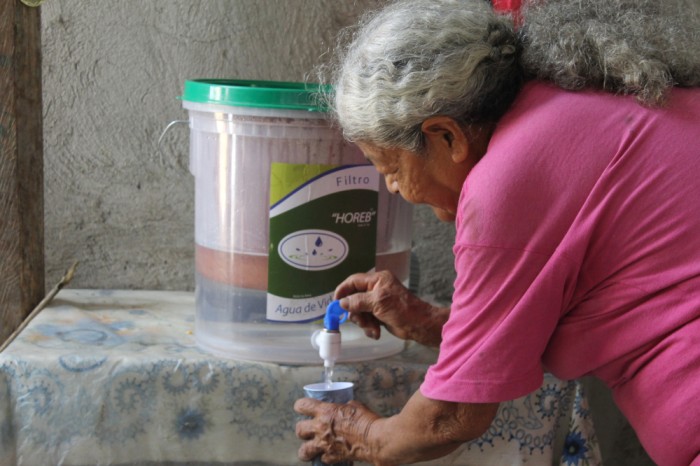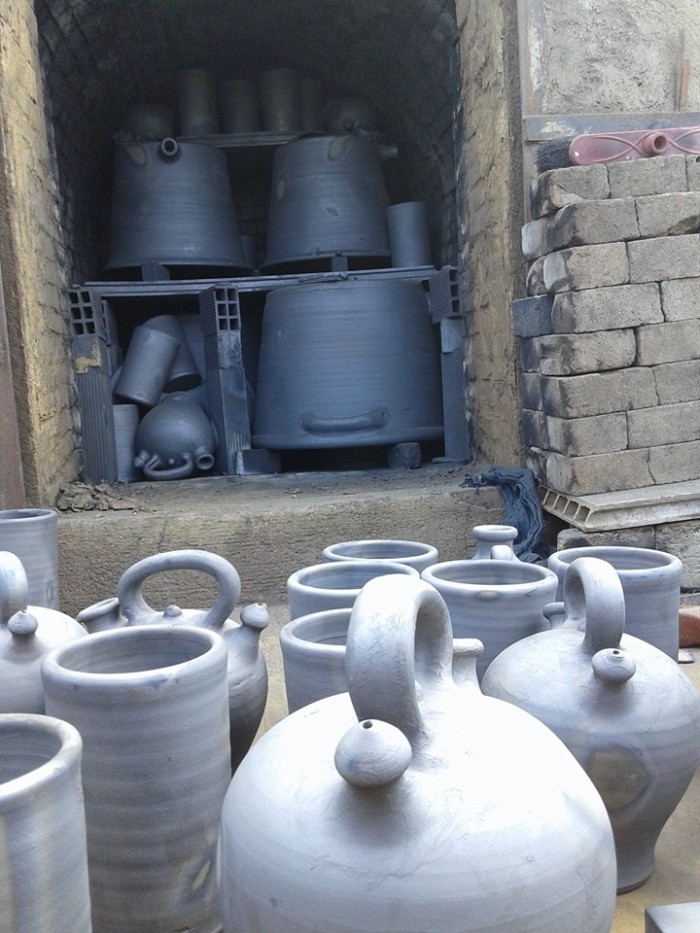Contributing € 5
Acknowledgments
The patrons who provide their help will have their name in the list of acknowledgments of our manual and in a mural that we will draw in Pifo.
> 10 Co-financiers
Goteo ha construido una historia única en el mundo del micromecenazgo. ¿Quieres seguir formando parte de ella?
We use own and third party cookies to improve your user experience and our services, analyzing users' browsing in our website. If you continue browsing, we will consider that you consent to its use. You can get further information in our Cookies Policy
Filtros de Agua Cerámicos para Ecuador


 Min.
Min.
 Opt.
Opt.
 Pifo, Ecuador
Pifo, Ecuador
The patrons who provide their help will have their name in the list of acknowledgments of our manual and in a mural that we will draw in Pifo.
The patrons who provide their help will have their name in the list of acknowledgments of our manual and in a mural that we will draw in Pifo. Moreover they will receive a photographic and written tale of the families receiving the filters in Nanegal.
The patrons who provide their help will have their name in the list of acknowledgments of our manual and in a mural that we will draw in Pifo. Moreover, they will receive some Quichua ceramic creations made by the community and cooked in the black ceramic kiln.
The patrons who provide their help will have their name in the list of acknowledgments of our manual and in a mural that we will draw in Pifo. Moreover they will participate in a workshop of ceramics taught by the protagonists of this iniciative in La Bisbal de l'Empordà (for 2 people).
The patrons who provide their help will have their name in the list of acknowledgments of our manual and in a mural that we will draw in Pifo. Moreover they will receive a black ceramic filter (to be collected in Quito, Ecuador or Barcelona, Spain).
Transfer a technology for the purification of contaminated water. A cheap, effective and sustainable technology.
 Task
Task
|
Minimum | Optimum |
|---|---|---|
|
Implement production
Build a black ceramic kiln and train local potters
|
€ 1.000 |
 Infrastructure
Infrastructure
|
Minimum | Optimum |
|---|---|---|
|
Black Ceramic Kiln
Materials for building the kiln
|
€ 2.000 |
 Material
Material
|
Minimum | Optimum |
|---|---|---|
|
First 50 filters
Clay, sawdust, water and plastic containers for the first 50 filters
|
€ 1.000 | |
|
50 more filters
Clay, sawdust, water and plastic containers for the following 50 filters
|
€ 1.000 | |
| Total | € 4.000 | € 5.000 |
Ceramic Water Filters are a cheap water purification technology that can be produced locally. There are currently more than 40 factories in the world that produce these filters in countries where there is low access to drinking water. The efficiency of these filters is good for bacteria and protozoa that cause diarrhea, but are unable to remove the tiny viruses from the water.
In Catalonia 5 years ago, between scientists from the University of Barcelona and Josep Matés, a ceramic potter from Gerona with the help of Oxfam Intermon, have worked to improve an existing technology to purify water and make it a tool to reduce diarrhea among children, mainly caused by viruses.
After much work we found a simple way to make this technology a better water treatment: Black Ceramic Water Filters.
The black pottery is achieved by a very old pottery technique that bakes the clay in an kiln adapted to create an anoxic atmosphere inside, the result is that the pieces turn completely black due to a process of metal reduction.
Now we want to take this work where it is needed.
Our objective is to implement the production of this new prototype filter in Pifo, Ecuador where there already exists a factory of these filters, Horeb Agua de Vida. We will build a black ceramic kiln and produce the first 50 black ceramic filters for the Nanegal community, where there are more than 200 families without access to potable water. In this community we will follow the use and impact in health to ensure the proven effectiveness already in the laboratories.
In addition, we will create manuals on how to adapt this new prototype in the rest of existing factories to disseminate this improvement at international level.
Technically the project will consist of three phases:

Our motivations have been to start a research-development project in which we have been working for years so that the laboratory advances do not remain in a drawer and go where they are most needed.
We developed a prototype of water purification at the University of Barcelona and we want to give it a use in Ecuador, where 1 in 4 people does not have access to drinking water.
To implement a production of this model in Ecuador is to improve the cheap tools for water purification without having to rely on centralized sourcing systems that many people can not access.

The campaign objectives are getting the resources to build a black ceramic kiln in Pifo, Ecuador where they already produce ceramic water filters. With this we will be able to produce the first black ceramic filters and we will be able to distribute them in the communities of Nanegal.

The team to carry out this initiative consists mainly of three groups of experts:

Acknowledgments
The patrons who provide their help will have their name in the list of acknowledgments of our manual and in a mural that we will draw in Pifo.
> 10 Co-financiers
Water Tales
The patrons who provide their help will have their name in the list of acknowledgments of our manual and in a mural that we will draw in Pifo. Moreover they will receive a photographic and written tale of the families receiving the filters in Nanegal.
> 22 Co-financiers
Figures of Black Ceramic (Only for residents in Ecuador)
The patrons who provide their help will have their name in the list of acknowledgments of our manual and in a mural that we will draw in Pifo. Moreover, they will receive some Quichua ceramic creations made by the community and cooked in the black ceramic kiln.
> 13 Co-financiers
Ceramic workshop (Bisbal de l'Empordà, Catalunya)
The patrons who provide their help will have their name in the list of acknowledgments of our manual and in a mural that we will draw in Pifo. Moreover they will participate in a workshop of ceramics taught by the protagonists of this iniciative in La Bisbal de l'Empordà (for 2 people).
> 19 Co-financiers
Black Ceramic Filter
The patrons who provide their help will have their name in the list of acknowledgments of our manual and in a mural that we will draw in Pifo. Moreover they will receive a black ceramic filter (to be collected in Quito, Ecuador or Barcelona, Spain).
> 10 Co-financiers
We would like to have someone to illustrate the project and help us create the graphic materials for the project (logo, web, murals, diffusion triptyc